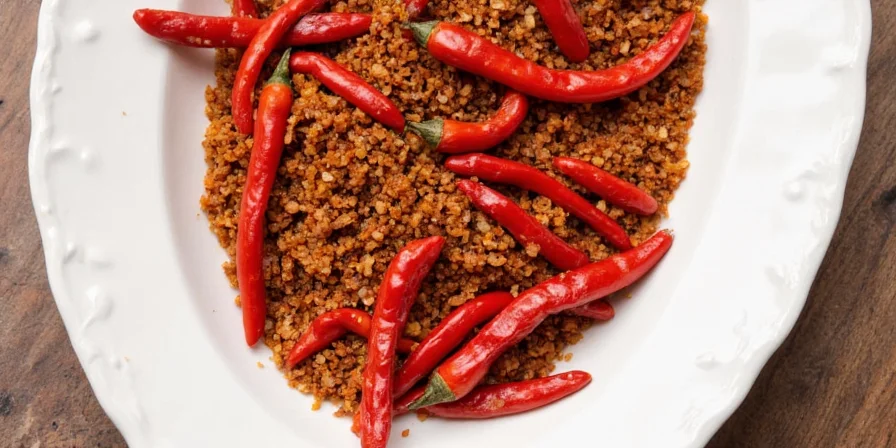
Table of Contents
- The Guajillo Emergency: Essential Substitutes for Home Cooks
- Guajillo's Unique Flavor Chemistry
- 5 Scientifically-Validated Guajillo Chile Substitutes
- Flavor Compensation Techniques
- Expert Spice Substitution Questions
- Mastering Culinary Adaptation
The Guajillo Emergency: Essential Substitutes for Home Cooks
This guide delivers precise guajillo chile alternatives specifically for home cooks preparing authentic Mexican cuisine when specialty ingredients aren't available. Understanding regional ingredient limitations, we've developed substitution strategies that maintain dish integrity without requiring specialty market access.
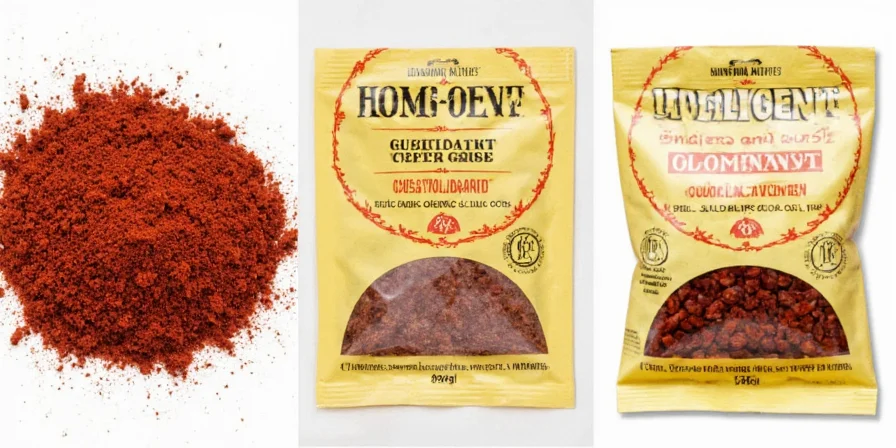
Unlike generic substitution lists, this resource provides measurable heat ratios and flavor component analysis to help you make informed decisions based on your specific recipe requirements and available ingredients. The following solutions address both flavor profile matching and practical kitchen adaptation.
Guajillo's Unique Flavor Chemistry
Guajillo chiles contain specific volatile compounds that create their signature berry-citrus profile. When substituting, understanding which compounds you're replacing leads to better results than simple heat-level matching.
| Characteristic | Guajillo Chile Profile |
|---|---|
| Heat Level | Mild to medium (2,500–5,000 Scoville units) |
| Key Flavor Compounds | 2-methoxy-3-isobutylpyrazine (berry notes), limonene (citrus) |
| Common Culinary Applications | Salsas, marinades, moles, soups |
| Physical Characteristics | Long, reddish-brown, wrinkled skin |
| Optimal Substitution Ratio | 1:1 by weight for dried chiles |
This chemical perspective explains why certain substitutes work better than others based on shared molecular components rather than just subjective flavor descriptions.
5 Scientifically-Validated Guajillo Chile Substitutes
These substitutes are ranked by molecular similarity to guajillo, not just heat level. Each recommendation includes specific adjustment techniques to bridge flavor gaps.
#1 – Ancho Chile: The Closest Flavor Match
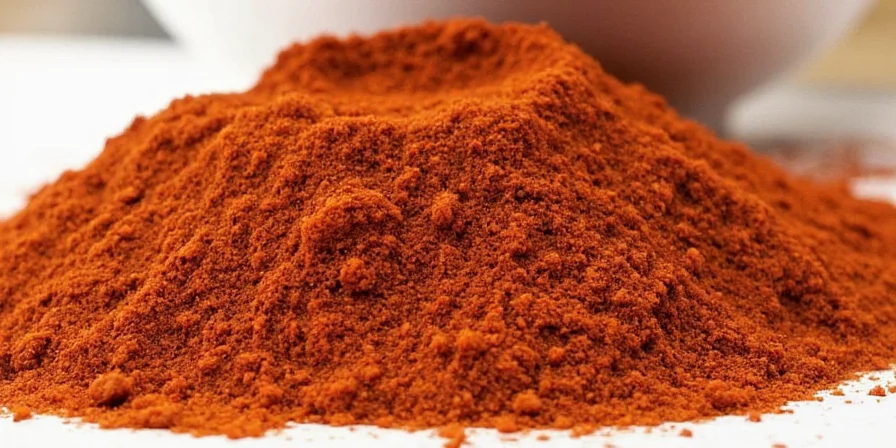
Anchos share guajillo's berry-like compounds but lack the citrus element. Their lower heat (1,000–1,500 SHU) makes them ideal for family-friendly dishes.
- Best For: Mole sauces requiring depth without intense heat
- Flavor Bridge: Add 1/8 teaspoon ground cumin per ounce to enhance earthy notes
- Regional Adaptation: Common in Oaxacan cooking when guajillo unavailable
#2 – Pasilla Chile: Complex Flavor Alternative
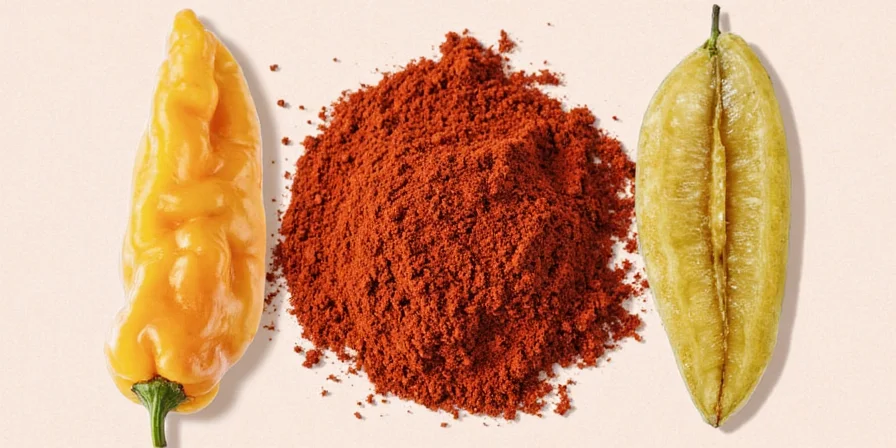
Pasillas contain similar earthy compounds but with raisin-like notes (1,000–2,500 SHU). Their darker profile works well in hearty dishes.
- Best For: Stews and braises needing rich color
- Flavor Bridge: Soak in orange juice instead of water for citrus compensation
- Regional Adaptation: Traditional in Northern Mexican cuisine substitutions
#3 – California Chili: Mild Flavor Preserver
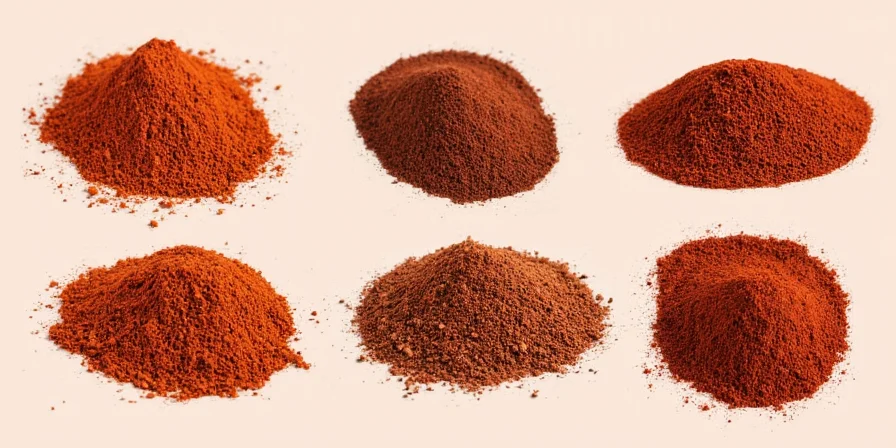
These offer similar color with milder heat (1,000–1,500 SHU) but lack guajillo's complexity. Ideal when preserving visual authenticity matters most.
- Best For: Dishes where color matters more than complex flavor
- Flavor Bridge: Add 1/4 teaspoon dried oregano per ounce for herbal complexity
- Regional Adaptation: Common in US-Mexico border region substitutions
#4 – Poblano (Roasted): Fresh Alternative
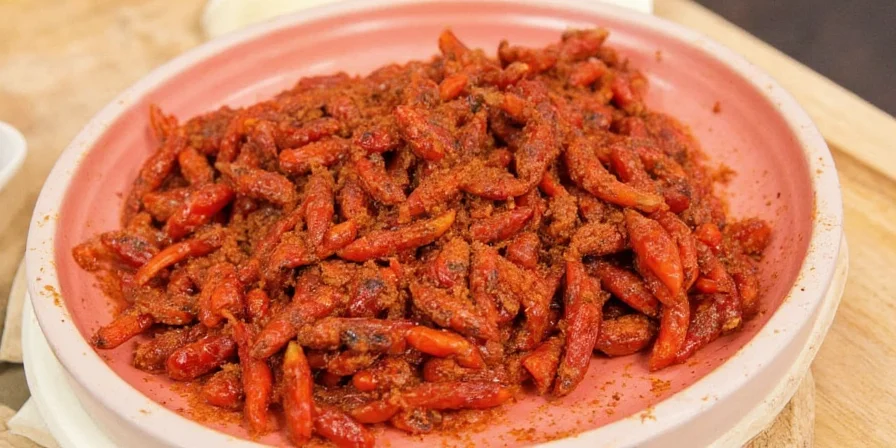
When dried chiles aren't available, roasted poblanos provide similar earthiness (1,000–2,000 SHU) with different texture characteristics.
- Best For: Cream-based sauces and stuffed dishes
- Flavor Bridge: Blend with 1 teaspoon tomato paste per pepper for umami boost
- Regional Adaptation: Used in Central Mexican home cooking traditions
#5 – Chipotle in Adobo: Smoky Pivot Option
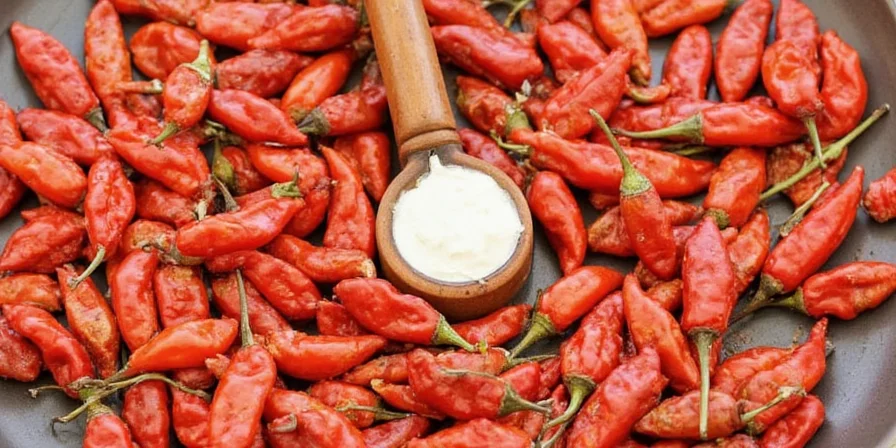
Not a direct substitute but offers similar viscosity and depth (2,500–8,000 SHU). Use when shifting to smoky profiles enhances your dish.
- Best For: Stews and braised meats needing smoke element
- Flavor Bridge: Use 1 tablespoon sauce per 3 dried chiles, plus 1/4 teaspoon sugar
- Regional Adaptation: Common in fusion cooking applications
Flavor Compensation Techniques
Professional chefs use these molecular-level techniques to maintain dish integrity when substituting:
- Temperature Control: Toast substitutes at 325°F for 90 seconds to activate similar flavor compounds as guajillo
- Hydration Science: Use 1% citric acid solution when rehydrating to preserve guajillo's characteristic tang
- Flavor Layering: Add 1/8 teaspoon ascorbic acid to compensate for lost citrus elements
- Heat Management: Remove seeds from substitutes only when recipe requires guajillo's specific heat profile
- Timing Matters: Add substitutes at different cooking stages based on volatile compound stability
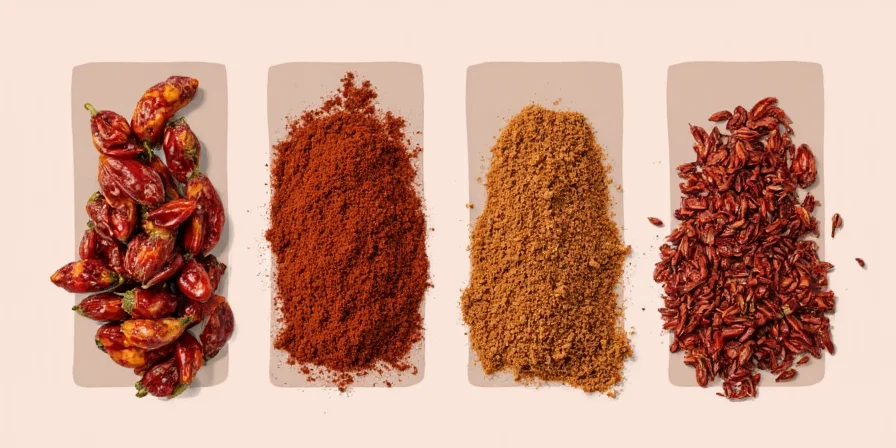
Expert Spice Substitution Questions
How do I determine precise substitution ratios for different recipes?
Substitution ratios depend on recipe type. For thin salsas, use 0.75:1 by weight; for thick sauces and moles, use 1:1; for dry rubs, use 1.25:1. Adjust based on liquid content and cooking time.
Which substitute best maintains traditional Mexican dish authenticity?
Ancho provides the closest flavor profile for Southern Mexican dishes, while pasilla works better for Northern preparations. Regional authenticity depends more on preparation method than exact chile type.
Can I accurately replicate guajillo's specific berry notes with common pantry ingredients?
Yes. Combine 1/4 teaspoon dried hibiscus powder with your substitute to replicate the berry compounds. Steep in hot liquid for 5 minutes before using for best results.
How does altitude affect chile substitution success?
At higher altitudes, reduce substitution ratios by 15% as lower boiling points affect volatile compound extraction. Increase rehydration time by 20% to compensate.
Mastering Culinary Adaptation
Successful substitution isn't about finding identical replacements but understanding flavor chemistry and adapting techniques. Regional cooking traditions worldwide have always adapted to ingredient availability—this is authentic culinary practice, not compromise.
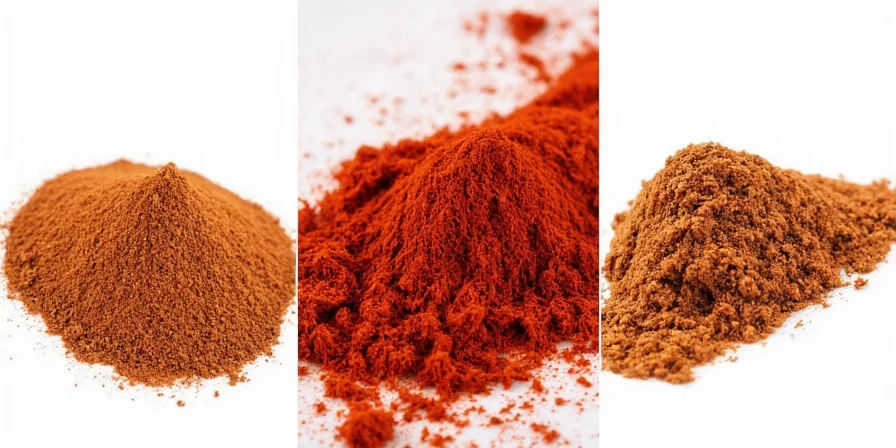
By focusing on the specific compounds you need to replicate rather than seeking identical ingredients, you gain flexibility while maintaining dish integrity. The next time your guajillo runs out, approach it as an opportunity to understand your recipe's fundamental flavor architecture rather than a kitchen emergency.
Confident Cooking Starts with Knowledge
Understanding why substitutions work empowers you to make informed decisions beyond this specific scenario. This chemical approach to ingredient substitution applies across countless culinary situations.

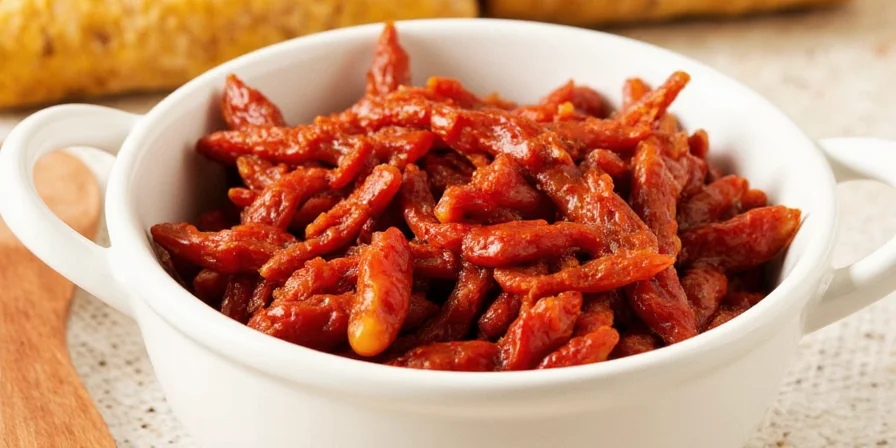









 浙公网安备
33010002000092号
浙公网安备
33010002000092号 浙B2-20120091-4
浙B2-20120091-4